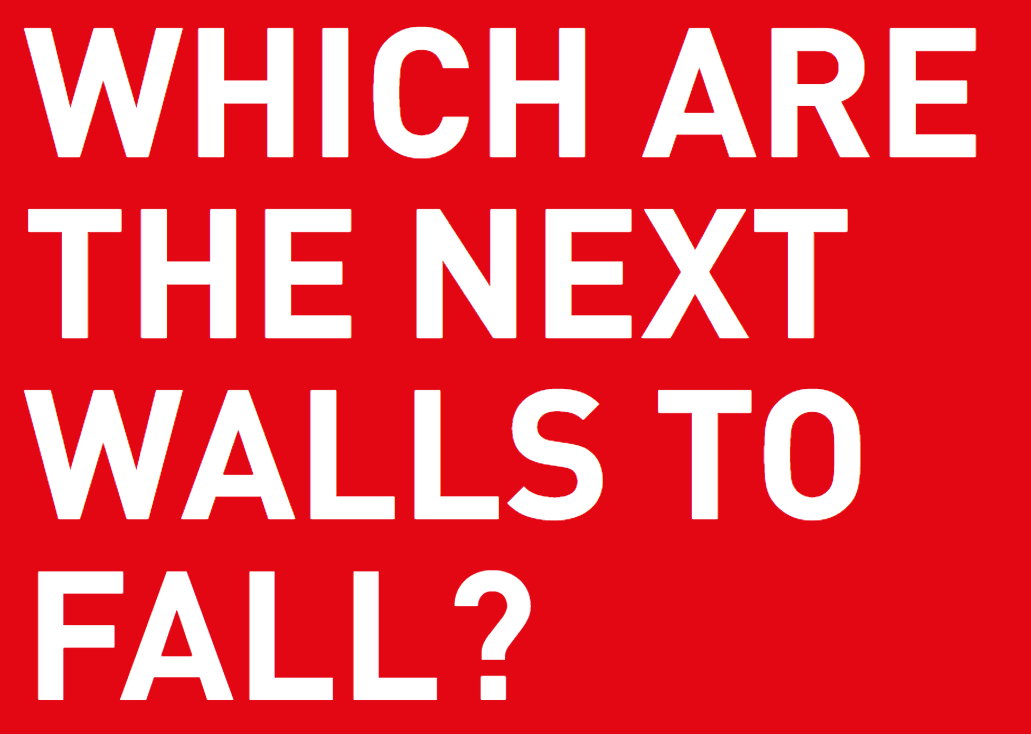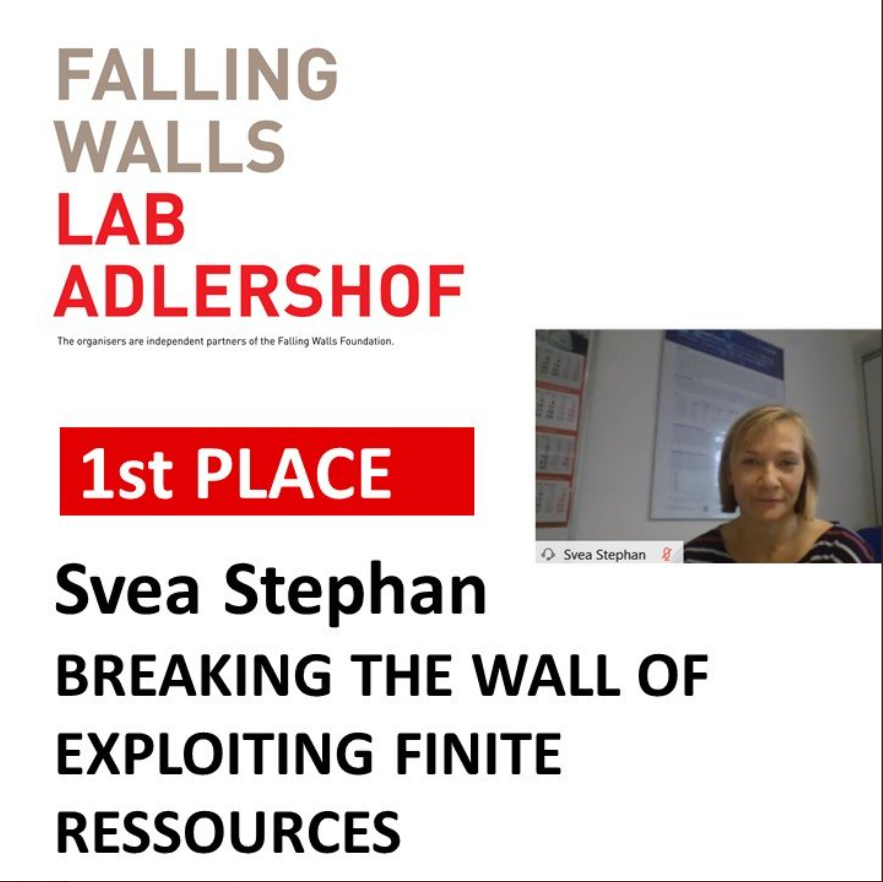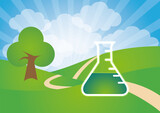-

Falling walls 2020
-

1st place at the Falling Walls Lab Adlershof contest
How can you stop the exploitation of finite resources like mineral oil? Svea Stephan researched on this question and immediately won the 1st place at the Falling Walls Lab Adlershof. As part of the Impress project, she investigates how the environmentally harmful process of extracting mineral oil for plastic production can be replaced: "Breaking the wall"
See the award-winning pitch here:
More about Falling Walls:
Since its first annual meeting on 9 November 2009 – the 20th anniversary of the peaceful fall of the Berlin Wall – the Falling Walls Conference and Berlin Science Week have grown into a World Science Summit – with one question at its core: Which are the next walls to fall in science and society?
FALLING WALLS CONFERENCE
This year, the conference shifts from a physical event in Berlin to a global virtual showcase. Here, we gather, discuss and celebrate the most recent breakthroughs in science and society. This happens across a packed schedule of live streams, video presentations, live panels and virtual meetings.
Over the summer, leading academic institutions nominated their Breakthroughs of the Year in 10 fields of science – from life sciences to science engagement initiatives. In the coming weeks, we will exhibit about 400 finalists in our growing video library.
Dedicated juries, chaired by Helga Nowotny (Former President of the European Research Council), will select the top 10 winners in each field. These will be showcased and discussed during the World Science Summit (1 – 10 November), culminating in the grand final on the Falling Walls day on 9 November. Here, we will present the top 10 Breakthroughs of the Year – one from each field of science.
BERLIN SCIENCE WEEK
As ever more partners wished to face the global audience of the Falling Walls Conference, Berlin Science Week was established in 2016.
It is our goal to make Berlin the place to discuss current breakthroughs in science and their societal impacts, as well as creating a global platform for dialogue between science and the public to inspire a deeper understanding of our world.
As a truly international science festival, Berlin Science Week brings together leading scientific organisations and some 20,000 participants — if, of course, there is no pandemic. This year, we are transforming into a hybrid platform: You can expect a diverse programme with more than 400 speakers from the global science community. At the intersection of science and society they present and discuss some of the most pressing topics of our time: the future of medicine, energy or food, trust in science, CO2 utilization & hydrogen, quantum technologies, open access, crisis management in times of pandemic, and many more. Event formats include workshops, conferences, exhibitions, roundtables, or slams and can mostly be accessed digitally. A handful of events, with all measures related to hygiene and distancing in place, will be held physically in Berlin.
THE WORLD SCIENCE SUMMIT
For the first time, the Falling Walls Conference and the events of Berlin Science Week will meet on this digital platform and are accessible for interested audiences around the globe. We adopted the joint term ‘Remote World Science Summit’ to express the aim of keeping this new global accessibility for the future, and also to show appreciation for new partners across the globe.
FALLING WALLS FOUNDATION
The World Science Summit with the Falling Walls Conference and the Berlin Science Week are organised by the Falling Walls Foundation, a charity. Since its foundation in 2010 in Berlin, it serves as a unique international platform for pioneers in academia, industry, politics, the arts, and civil society. In commemoration of the peaceful fall of the Berlin Wall in 1989, it focuses on the question: Which are the next walls to fall?
The Falling Walls Foundation promotes groundbreaking ideas across borders and disciplines – and brings together pioneers and innovators form all over the world.
